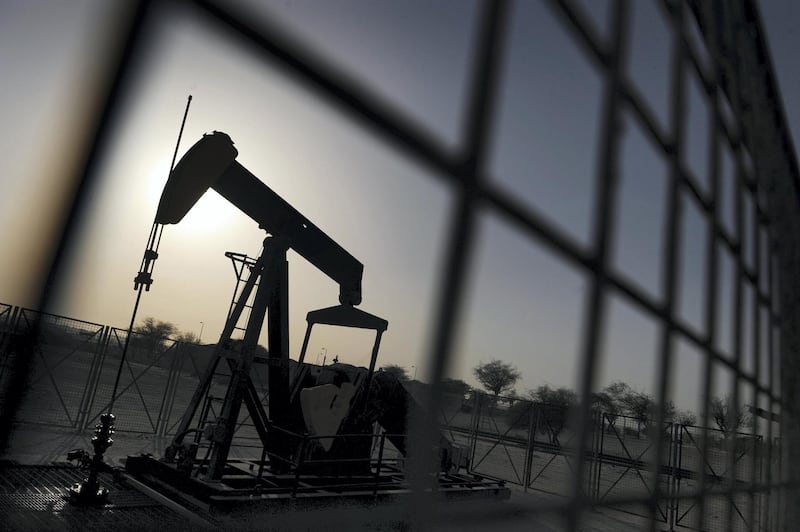Last week, the Bahrain government announced the discovery of large natural resource deposits, including approximately 80 billion barrels of shale oil, and 20 trillion cubic feet of natural gas. While there remain questions over the precise extraction cost, and the volume of recoverable oil and gas, at this stage, Bahrainis should feel reasonably confident that they will experience a significant windfall in the coming years. How should the government look to spend it?
The first order of business is to bring down the public debt considerably. Bahrain has historically maintained good fiscal discipline, and as recently as 2009, the public debt was below 10 per cent of GDP, compared to almost 100 per cent today. High levels of public debt raise interest rates on the debt that the government has to pay, they create pressure on the currency, and they make investors wary of investing as they fear default. As a country with a large public debt, a fixed exchange rate, and an economic strategy based on attracting foreign investment, bringing the public debt down to 50 per cent of GDP or less should be a priority.
The next order of business is to resume implementation of the economic vision 2030, but with some modifications that take into account what is happening across the King Fahd Causeway in neighbouring Saudi Arabia. Saudi Crown Prince Mohamed bin Salman’s aggressive economic strategy has contained many surprising elements, including permitting cinemas and allowing women to drive. These changes mean that Bahraini economic strategists need to reconfigure their plans to ensure that Bahrain continues to act as a complement to the Saudi economy.
_________________
Read more:
[ Economics 101: how can we improve online reviews’ accuracy? ]
[ Economics 101: The coming trade war offers opportunities for Arabian Gulf countries ]
_________________
Saudi Arabia’s Vision 2030 leaves two significant opportunities open for Bahrain. First, Saudi Arabia has been rapidly ratcheting up the cost of using foreign labour; ultimately, this will create upward pressure on the cost of doing business in the kingdom. Investors will still flock to it due the size of the market, but this trend allows Bahrain to create a niche as a place where it is cheaper to produce than Saudi Arabia, if it keeps fees and restrictions on foreign labour relatively low. The recently introduced flexi-visa, which allows foreigners to self-sponsor, could become a very useful policy in maintaining Bahrain’s competitiveness.
However, Bahrain’s long-term success should ideally be built on something other than diminished labour costs. The second opportunity is to eliminate as much as possible taxation that is borne by the private sector. The budgetary pressure caused by falling oil prices has forced the government to levy significant fees on companies, such as commercial registration fees, social insurance for Bahraini employees, and fees associated with the employment of foreign workers. Admittedly, making foreign workers more expensive is part of the economic strategy designed to improve the capacity of Bahraini workers; however, some of the increases in these fees are likely to be purely fiscal-accounting decisions aimed at generating revenues. Where possible, the government should eliminate such increases, and make operating a business in Bahrain as free of fees as possible.
However, critically, one policy that should not be reversed is the gradual elimination of subsidies. Artificially lowering the price of goods and services served a purpose in the past, when the economy was extremely basic, but in the twenty-first century they have become expensive and counterproductive, as they usually benefit the rich much more than the poor. Moreover, they encourage wasteful consumption, which must be avoided now that sustainable growth and green investments are requirements for countries that want to be recognized as constructive members of the international community. The fall in oil prices was very painful for the people in Bahrain, but as a silver lining, it helped the government summon the political will necessary to wean the economy off subsidies.
Together, these policies will help Bahrain rescale the economic freedom rankings. A few years ago, Bahrain was considered the most economically free country in the Middle East according to reputable indices such as that of the Heritage Foundation. Stabilising government finances and boosting the commercial sector will help Bahrain regain its high global ranking, keeping it attractive to foreign investors.
Finally, the government must seize the opportunity to continue building the capacity of the private sector—the most important component of the economic vision 2030. The government should continue to reduce public sector employment and salaries, and minimise purchases from the private sector, pushing companies toward having to compete in the global marketplace to survive. Whenever the government has the choice of spending more or taxing less, it should choose the latter.
One area that requires a lot of attention is technological innovation: the government must avoid the temptation of investing in research and development directly; instead, it must use the oil and gas windfall to create a commercial environment where private firms invest their own funds in research and development, without the support of government subsidies. If the government succeeds in this goal, then the current natural resource discovery will hopefully be the last one that Bahrain ever needs.
Omar Al-Ubaydli (@omareconomics) is a researcher at Derasat, Bahrain.







